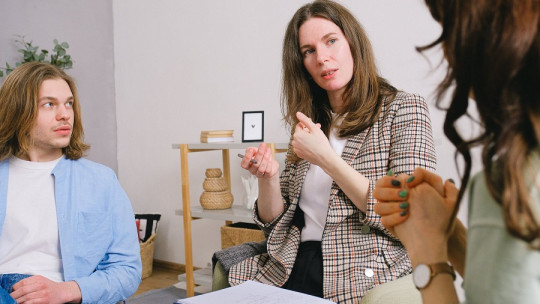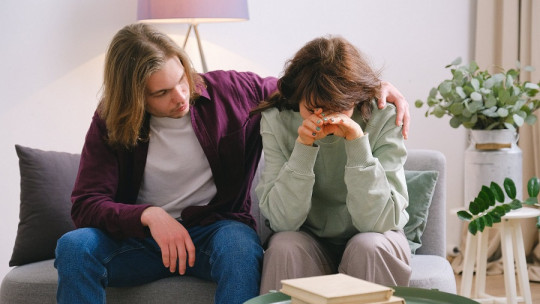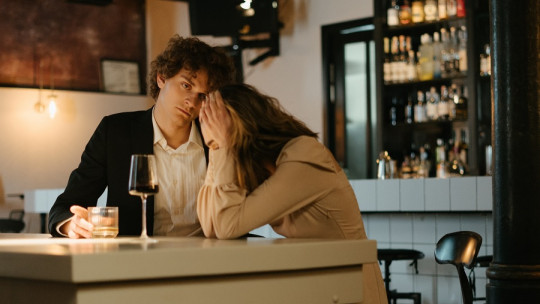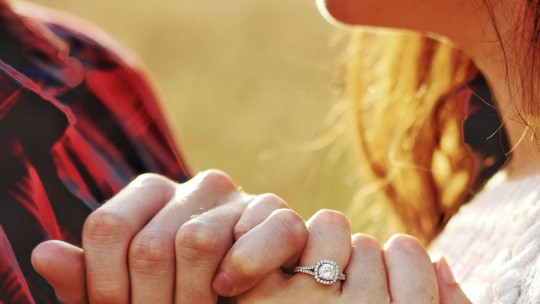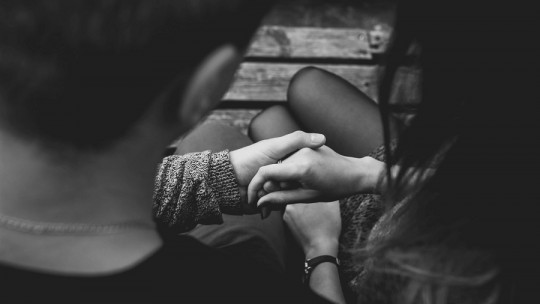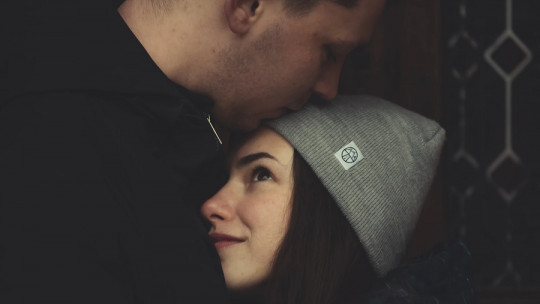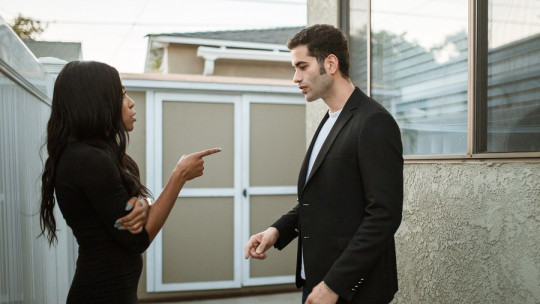
When in adult life we begin the path of secondary socialization, we begin with relationships, study partners, bosses, partners, etc. This is where the wounds that we have not resolved are largely manifested, projecting themselves as a defense mechanism, on the “other”, all of this without healing.
The scenario in this case will be chaos; In that bond we blame, we complain, we ask for changes, we control and in many cases we try to manipulate the person next to us. Great task to review in adult life
Emotional wounds that affect the relationship
From the history of our parents and the desire to form a family, our place in the world will be assigned, the role we have designated in the family and the name that will give us identity.
Birth is going through the first wound: in the mother’s womb everything was safe, with protection, oxygen and food, changing the conditions after birth, giving rise to our own life.
It begins a series of needs that will be covered according to our parents’ interpretation of what happens and thus we will learn that, by asking for something, someone will give us what we need.
As we grow, we will build our psyche with everything that was given to us, such as the belief system, commands, roles, cultures, stimuli or punishments from our parents or educators.
Our early childhood, which is our life until the age of 3 or 4, will be permeable to incorporating these issues, without being able to rethink at that age, not knowing what we would like to continue with and what we would not like to continue with.
The problem begins to appear when in the exchange with others we want them to cover the same needs that our primary family covered This gives rise to certain demands, conflicts, crises, controls, and guilt projected outward, projecting onto the “other” what I cannot see and resolve in myself.
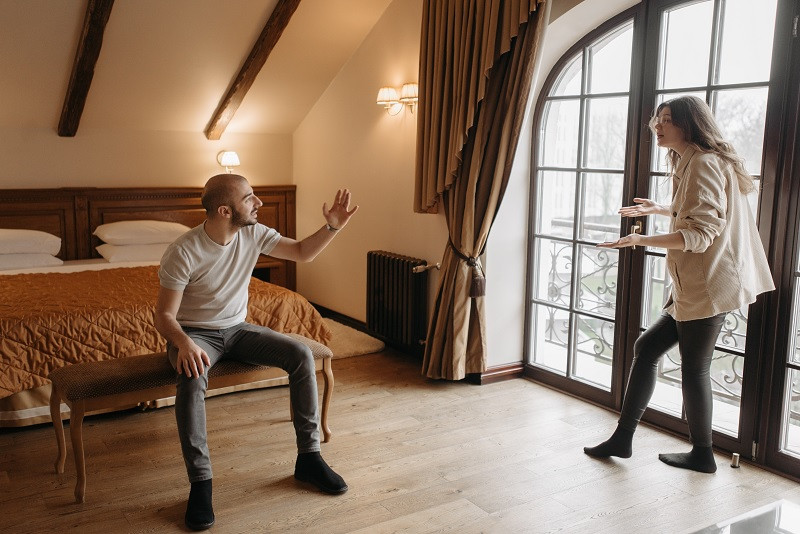
We cannot understand that this other person also comes with his or her history and is not there to solve ours, generating a major crisis in the relationship.
Relationship problems due to a clash of roles
In couples therapy this is clearly observed. The anger, the complaint, the need, are deposited in those who accompany us in life; the accusing finger is directed outwards, towards the other not being able to generate a question from one’s own, from the depths of each one.
For this reason, in therapy we try to know the history of each member, beyond the conflict generated, since according to that history each one will have a different interpretation of the same situation. Is about evaluate the frightened and fearful internal children who come onto the scene in the face of these crises
As we become aware that the one who is demanding all of this is not the adult, but the unhealed child, we begin to look at our own wounds in the face, even with fears. Thus one enters a terrain that is unknown, and only from that place can one leave the demand behind to try to establish a dialogue, a listening.
The couple’s space aims to abandon the monologue and be able to promote a dialogue, to an assertive communication, where I can talk about myself without demand, accepting that whoever shares the path of my life is not there to solve my pain, nor I theirs. This work of healing childhood wounds will lead to changes in the positions of each one and of the couple itself. Little by little you can learn to detect when what comes on stage is not adults but fears, and from that experience, talk about it between both of you.
What is a conscious couple?
A conscious couple is one who knows that crises come to teach something, come to create new agreements between both, with spaces for dialogue, reception and listening. With freedom, with individuality, and projecting a “we” without fear. This allows them to consider where they would like to continue from, what things they would or would not take from their primary families, and to search between both of them for a synthesis of what the new format will be.
I invite you to ask yourself what model of couple you have today and which one you would like to have I would like to accompany you on the path of building a couple, healing your childhood wounds so that your company with someone is one of broad growth and reciprocity.


